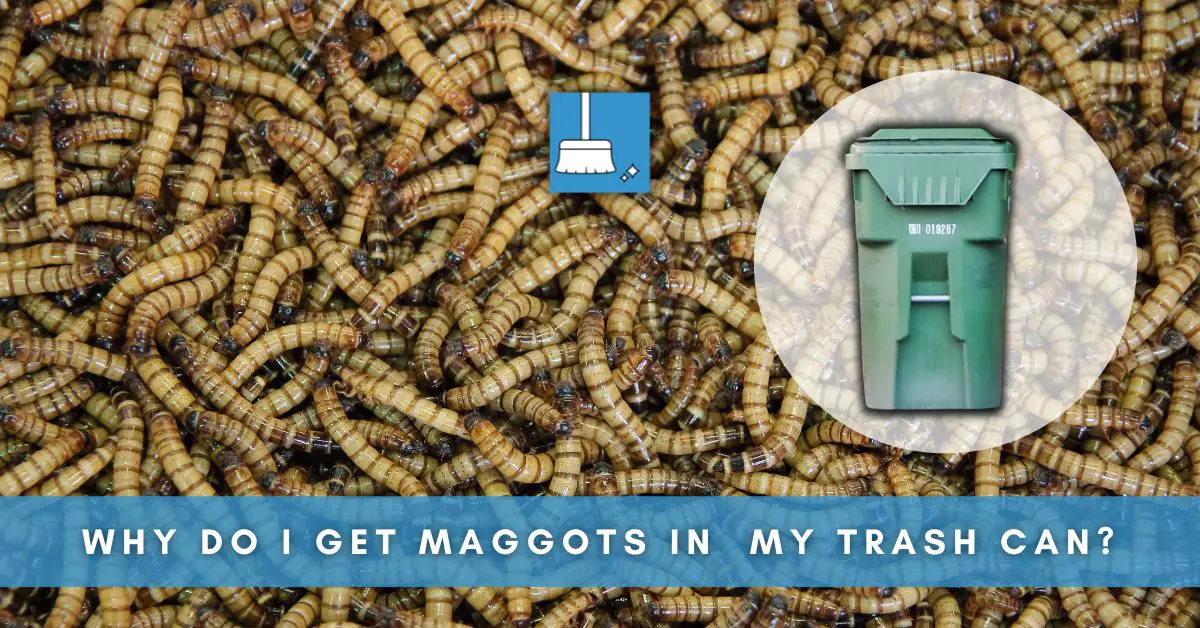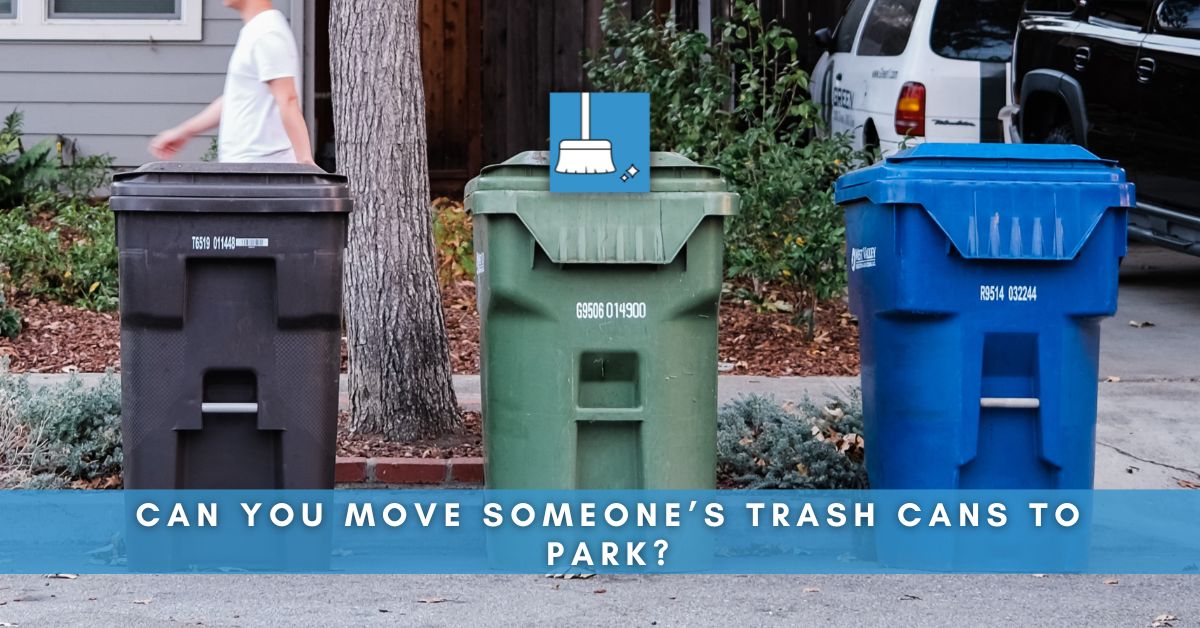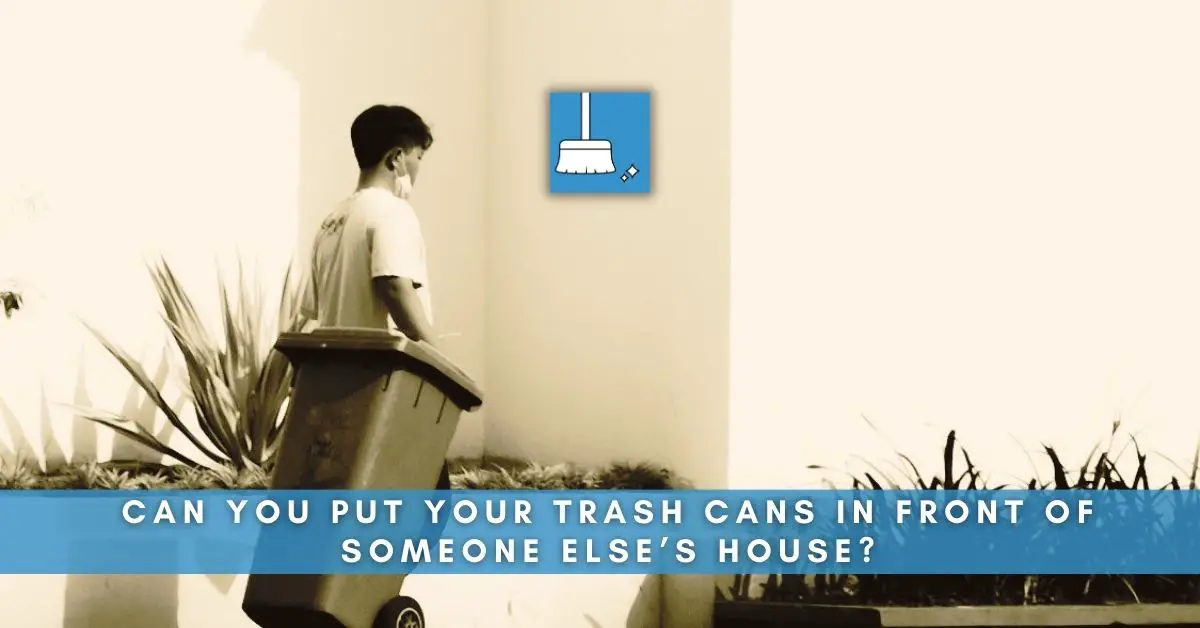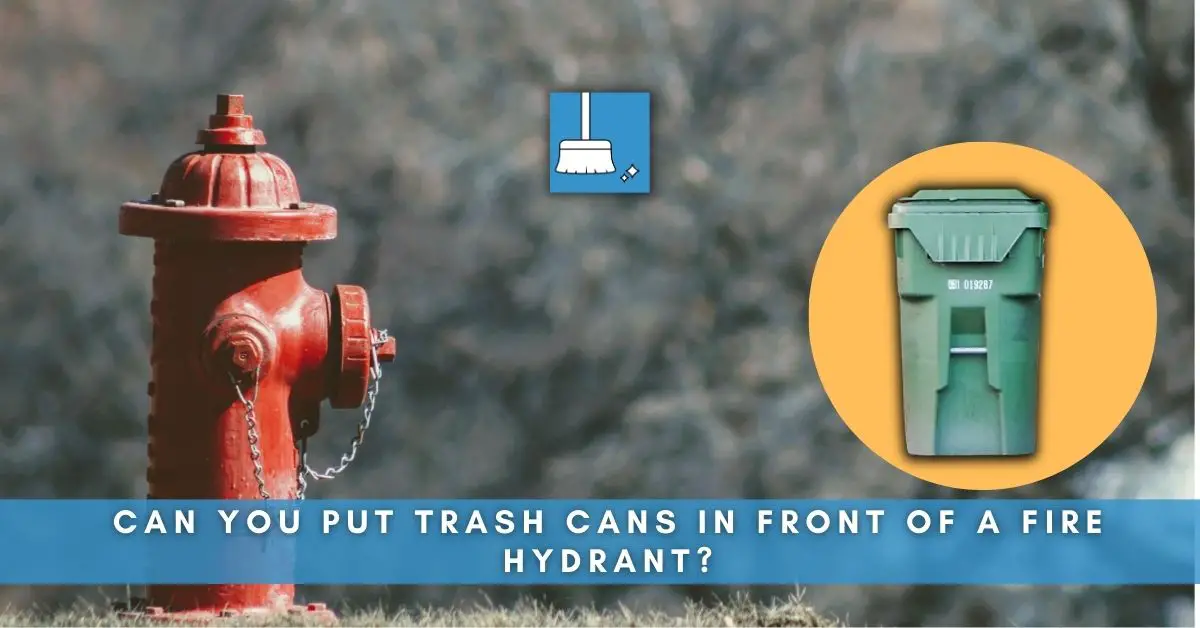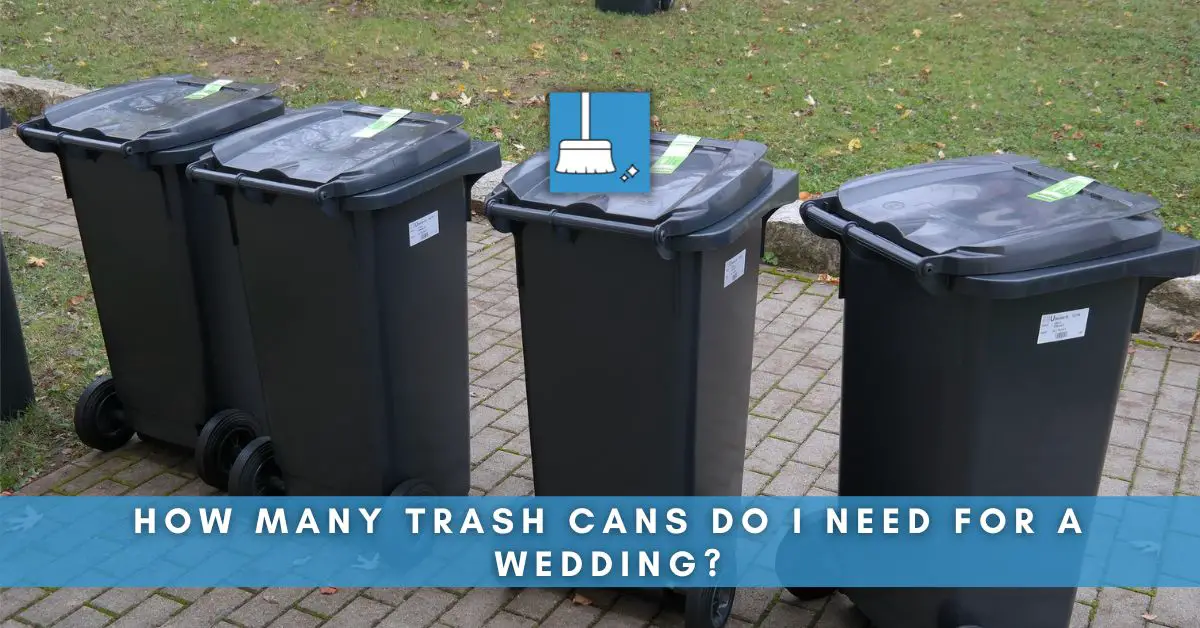In every household, trash cans are a necessary evil that efficiently holds unwanted waste. They’re not particularly pleasant, but they perform an essential role. However, they may attract some unwelcome guests – maggots!
The presence of maggots in trash cans
Efficiently managing your trash is crucial for maintaining hygiene and ensuring that your home does not become infested with insects. Maggots are essentially larvae of flies and they end up in your trash can due to a number of reasons.
Why does this happen?
Flies are always on the hunt for a warm, protected location to lay their eggs, and your trash can offers them exactly that, along with an abundance of food.
Flies are particularly attracted to rotting organic matter and your trash bin happens to be the perfect buffet for them! This leads to a full-blown maggot infestation in your trash can.
Role of Food Waste
The culprit behind “Maggots in your trash can” is often rotting food waste. The decaying organic matter not only emits methane gas that attracts flies but also presents an optimal environment for their eggs to hatch and become maggots.
Food waste, particularly in warmer periods, decomposes quickly and releases potent smells. Flies are drawn in by these odors and see your trash can as the perfect breeding ground.
Once nestled amidst the growth, they lay their eggs, which hatch into the unwanted maggots.
How to prevent food waste buildup in trash cans
Preventing maggots is easier than getting rid of them. Here are some tips to help prevent the buildup of food waste in trash cans and thus deter fly infestations:
Dispose of food waste properly: Double bag any food waste, especially meat, before throwing it into your trash bin. This precaution helps contain any odors that might attract flies.
Regular trash can cleaning: Clean your trash bin regularly to prevent food waste buildup. Use boiling water mixed with vinegar or bleach to disinfect and deodorize the container.
Maintain dry conditions: Flies are more attracted to moist environs, like wet food waste. Try to keep the garbage as dry as possible.
Use trash bin liners: Durable, jumbo-size trash bin liners can help keep your receptacle clean and less inviting to flies.
Secure the trash can: Make sure your bin’s lid is always tightly closed to prevent flies from accessing the rubbish and laying eggs.
This action helps keep flies away, reducing the likelihood of their laying eggs and ensuing maggot infestations.
Moreover, it maintains the general cleanliness and reduces the spread of odors, making for a much more sanitary environment.
Following these preventive measures consistently can help keep your trash can free of maggots and your garbage duty less gruesome.
Flies and their Life Cycle
Flies, prevalent worldwide, are the primary source of maggots. According to Wikipedia, there are nearly 120,000 species of flies, and many of them are notorious for laying eggs, especially in decaying organic matter like trash.
A female fly, in her short lifespan of 15 to 30 days, can lay up to 500 eggs. These eggs quickly become larvae, better known as maggots, which survive off this decaying matter.
In under a week, the maggots transition into pupae, and soon after, into adult flies, thereby continuing the cycle.
Consequently, if there’s a significant fly presence around your trash can, you can expect these maggots to turn into flies, thereby escalating the problem.
Therefore, controlling fly populations and maintaining clean trash cans is crucial in managing and preventing maggot infestations.
Weather Conditions and Maggot Infestation
In warmer seasons, garbage cans become a prime spot for maggot infestations.
Heat and humidity significantly accelerate the decomposition process of organic matter, enhancing the odor and making trash cans more enticing for flies to lay their eggs.
The hot weather not only indirectly attracts flies but also contributes to the rapid growth of maggots. Within a short time, these eggs bear maggots, which eventually grow into adult flies, thereby perpetuating a continuous cycle of infestation.
Proper cleaning techniques to prevent maggot infestation
Careful disposal: Always ensure to wrap your organic waste properly before disposal. This helps contain the smell which attracts flies.
Regular cleaning: Scrub your trash can at least once a month using warm water and a good detergent.
Substance Use: Scattering a layer of baking soda in the can helps to eliminate odors, discouraging flies from laying eggs.
Drying: Allow the trash can to dry thoroughly before placing in a new trash bag. Moist environments attract flies.
Use of insecticides: Consider using insecticides or insect repellents specially made for bins.
Storage: Where possible, store your bins in a cool place, away from direct sunlight.
By implementing these cleaning techniques, you keep your trash cans free from maggots and provide a healthier surrounding for your home.
When to Seek Professional Help
While do-it-yourself methods are effective initial steps in managing a maggot infestation, there may be instances where professional intervention is necessary.
Instances where professional pest control may be needed
- Recurrent Infestations: If after employing the above-mentioned methods, maggots continue to reappear in your trash can, it may be high time to consult a pest control professional for a more comprehensive solution.
- Large Scale Infestations: In cases where the infestation is not just in your trash can but in multiple parts of your home, a professional pest control provider might be necessary.
Signs that indicate a severe infestation
Increased Fly Activity: If you start to notice a significant increase in the fly population in and around your home, it could be an indicator of a maggot infestation.
Invisible Maggot Source: If maggots continue to appear even after all visible food sources have been removed, it’s possible they are breeding in a hidden area that may require professional assistance to locate and treat.
So, if you’re dealing with a stubborn maggot problem, don’t hesitate to seek professional pest control. They can perform a detailed home inspection and devise a comprehensive treatment plan to eliminate your infestation and prevent future ones.
References
https://www.terro.com/articles/trash-can-maggot-infestation
https://trashcansdepot.com/blogs/news/7-ways-to-kill-maggots-growing-in-13-gallon-trash-can
https://www.plasticplace.com/blogs/blog/how-to-get-rid-maggots-in-your-garbage-can
https://www.solutionsstores.com/how-to-get-rid-of-maggots-in-kitchen
https://trashawaysanitation.com/how-to-get-rid-of-maggots-in-your-trash-can/
https://trashcansunlimited.com/blog/maggots-in-trash-how-to-easily-manage-a-maggot-infestation-in-your-trash-can/

